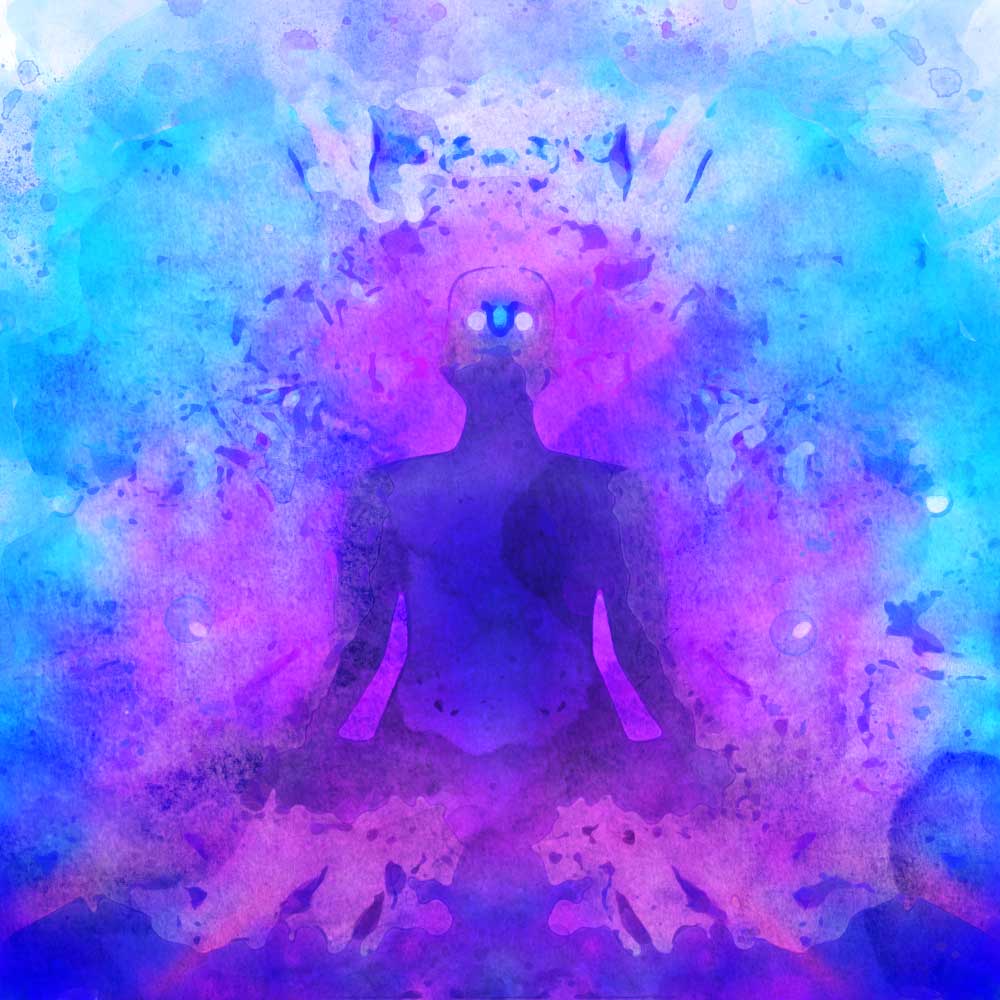Gautama is the primary figure in Buddhism, also commonly refered to as Buddha ‘The Awakened One’. These passages contain the sacred words of the Buddha communicated to his disciples few centuries before the Common Era.
Passage
Let us live happily then, not hating those who hate us! among men who hate us let us dwell free from hatred!
Let us live happily then, free from ailments among the ailing! among men who are ailing let us dwell free from ailments!
Let us live happily then, free from greed among the greedy! among men who are greedy let us dwell free from greed!
Let us live happily then, though we call nothing our own! We shall be like the bright gods, feeding on happiness!
Victory breeds hatred, for the conquered is unhappy. He who has given up both victory and defeat, he, the contented, is happy.
There is no fire like passion; there is no losing throw like hatred; there is no pain like this body; there is no happiness higher than rest.
Hunger is the worst of diseases, the body the greatest of pains; if one knows this truly, that is Nirvâna, the highest happiness.
Health is the greatest of gifts, contentedness the best riches; trust is the best of relationships, Nirvâna the highest happiness.
He who has tasted the sweetness of solitude and tranquillity, is free from fear and free from sin, while he tastes the sweetness of drinking in the law.
The sight of the elect (Arya) is good, to live with them is always happiness; if a man does not see fools, he will be truly happy.
He who walks in the company of fools suffers a long way; company with fools, as with an enemy, is always painful; company with the wise is pleasure, like meeting with kinsfolk.
Therefore, one ought to follow the wise, the intelligent, the learned, the much enduring, the dutiful, the elect; one ought to follow a good and wise man, as the moon follows the path of the stars.
Max Muller. The Dhammapada: A Collection of Verses. Oxford, the Clarendon Press, 1898.






